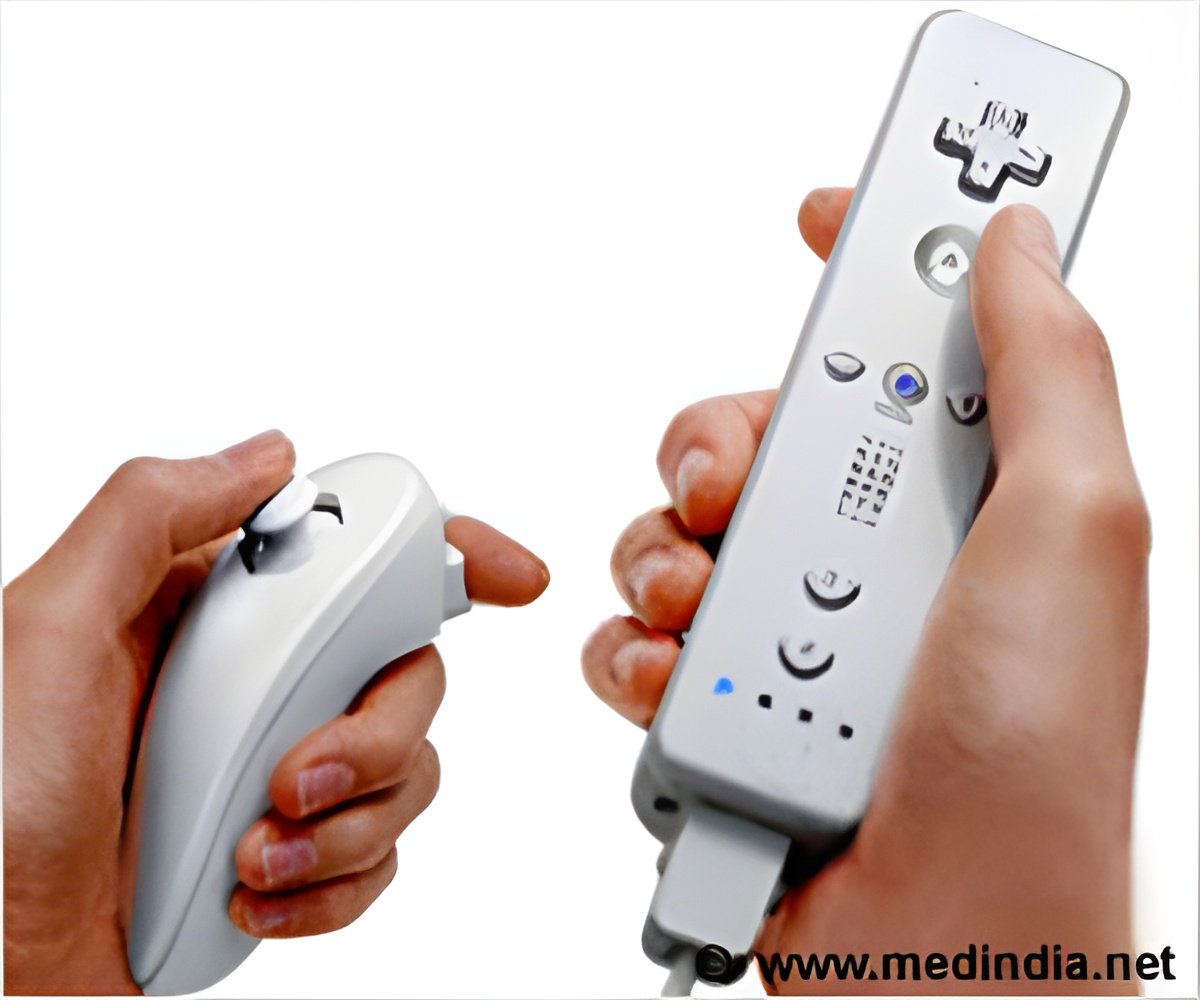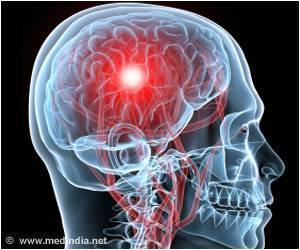Stroke leads to injuries in areas that control attention and also cause motility problems which can now be improved with video games, finds a new research.

‘Video games, a type of cognitive training can act as a new therapy for mobility problems caused by stroke.’





The study published in the journal Proceedings of the National Academy of Sciences , has opened the door to a new therapeutic pathway that consists of complementing the physical treatments received by these patients with therapies to overcome attention deficit disorders, such as working with video games. After accurately analyzing the patterns of brain injuries, the scientists understood better the motility problems suffered by patients with cerebral infarction.
According to the BCBL expert David Soto, "patients with brain injuries in attention control areas also suffer motility control problems, even when the movement required by the task is very simple".
The scientists focused on exploring the extent and location of brain injuries in 167 stroke patients for more than three years. Through a 'mapping' performed with magnetic resonance, they identified the affected part and the type and size of the lesion, and analyzed the connectivity between the different areas of the brain.
Next, they subjected the patients to various motor tasks, some very simple, such as grabbing an object with force. After the tests, the researchers found that these tasks were "impaired" in those patients who had injuries in the area of the brain "involved" in attention.
Advertisement
The experts emphasize the importance of the brain areas related with attention control in the control of movements, which "may also suggest some therapeutic routes", such as complementing "mobility therapies based on physiotherapy with another type of cognitive training that increases the attention of patients". One example would be the work with videogames.
Advertisement
"We have to know first how our brain controls and moves to design effective therapeutic tools for stroke patients and specific therapies for each individual depending on where the injury has occurred," concludes Soto.
To confirm these results, the next step will be to establish a clinical trial with patients suffering motor skills disorders due to a stroke and divide them into two groups: one of them undergoing physiotherapy treatment and the other with complementary cognitive training.
Source-Eurekalert















